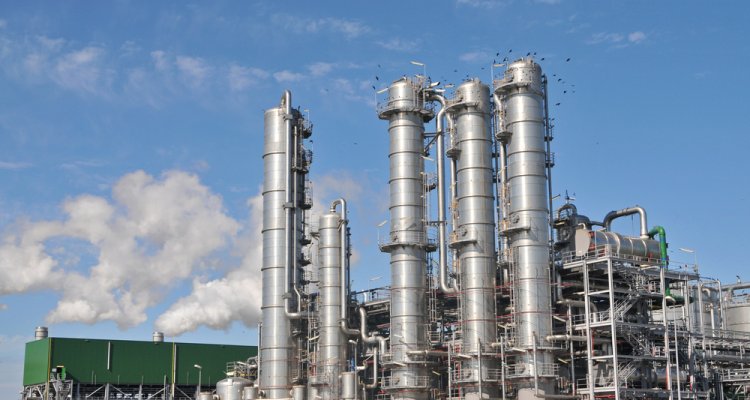
Promotie
Metabolic engineering of Clostridium autoethanogenum for the production of biobased chemicals and more
Summary
Gas fermentation technologies enable production of commodity chemicals and fuels from carbon oxides (CO and/or CO2), using acetogens as microbial biocatalysts. Carbon oxides-rich feedstocks are abundantly available from, amongst others, industrial off-gases or gasification of carbon-containing wastes (e.g., solid municipal waste). Much of the metabolism of acetogens is still poorly understood, and the range of products that can be produced via acetogens is rather limited. The goal of this thesis is to tackle both of these issues. Expansion of the product spectrum was successfully achieved by metabolic engineering of Clostridium autoethanogenum to produce either methyl chloride or ethyl acetate. In addition, the native carbon metabolism of C. autoethanogenum was studied by targeted gene knockout studies. This led to new insights into the natural role of enzymes important for acetyl-CoA, acetate, and ethanol interconversion, such as the bifunctional aldehyde/alcohol dehydrogenase and phosphotransacetylase.